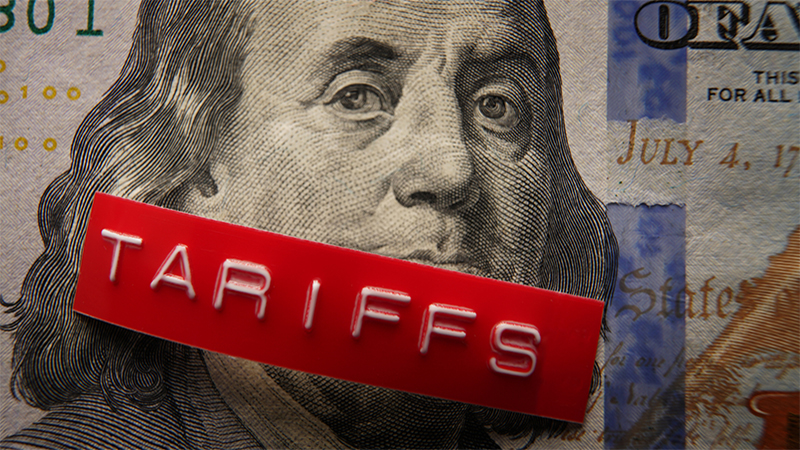The level of consumer prices index (CPI) inflation this month flouted analysts’ expectations, holding at July’s rate of 0.6%. Although the July and August figures represent the highest rate since November 2014, CPI inflation remains low relative to historical levels.
Meanwhile, the Office for National Statistics confirmed the fall in the value of sterling had a greater impact on the Producer Price Index (PPI) during the month. Producers’ input prices were predictably more susceptible to the weaker sterling, increasing by 7.6% in the year to August 2016 and up 4.1% from the previous month. According to the ONS, this is the fastest rate of inflation seen since 2011.
Producer output prices experienced a more modest increase in inflation levels, rising 0.8% compared with the previous year and were 0.3% higher than July’s rate.
The rapid rate of inflation in input prices, which the ONS said is more the result of the PPI’s significant drop 12 months ago and plunging crude oil prices than the recent sterling depreciation, is evidence enough that businesses importing materials are facing “significantly higher costs,” said Hargreaves Landsown senior economist Ben Brettell.
Ultimately, these companies must choose whether to absorb the increase or pass it on to consumers, Brettell noted. “Assuming at least some will choose the latter route, this could lead to higher consumer prices down the line.”
Although the effect of the weaker pound on consumer prices appears muted, said Brettell, the impact of sterling’s depreciation will take time to feed through fully into the figures, as businesses gradually adjust to the new environment.
“Over the next few months existing inventories will be wound down and currency hedges put in place by supermarkets and other importers will gradually start to fall out of the equation. It is only then that the full impact will be seen,” he cautioned.
“Forecasts suggests the drop in sterling will ultimately add around five percentage points to the Consumer Prices Index, but it’s as yet unclear whether that will come via a gradual uptick in the inflation rate over a couple of years, or a shorter, sharper bout of inflation over the coming months,” Brettell added. “The Bank of England forecasts consumer price inflation will hit 2% this time next year.”
Alex Brandreth, Brown Shipley’s deputy CIO admits that weaker sterling will continue to push inflation higher, but he thinks there is a limit to how high rates can be pushed.










